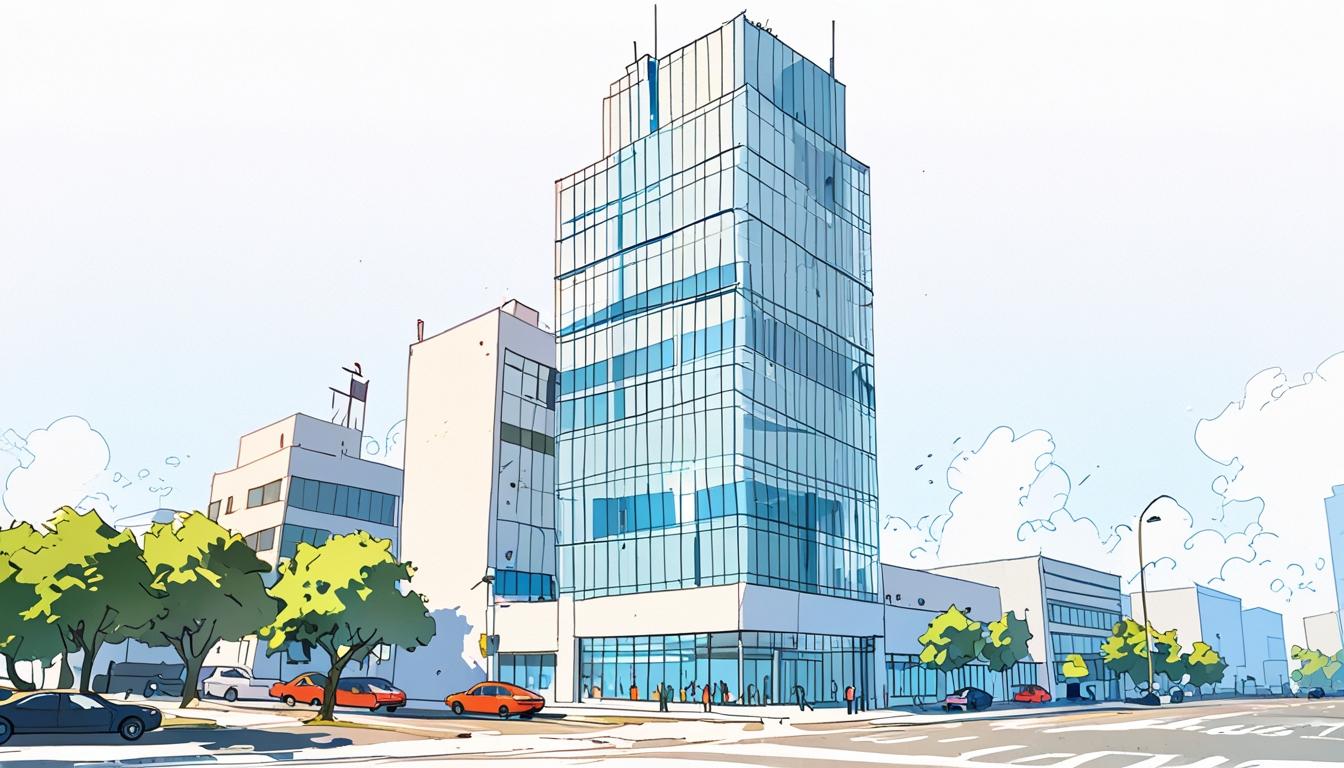The advertising industry is undergoing a seismic shift, driven largely by significant mergers and acquisitions among major holding companies like Omnicom and Interpublic Group (IPG). With Omnicom's recent $13 billion acquisition of IPG, aimed at creating an advertising juggernaut that boasts net revenues exceeding $20 billion and a workforce of over 100,000, the landscape is set for unprecedented change. Critics have pointed out that this consolidation reflects the pressures traditional advertising faces from the rise of technology, including artificial intelligence and programmatic media buying. These shifts have led many to speculate that 2025 will not only mark a year of further consolidation but also herald the emergence of independent agencies as formidable players in the market.
According to industry insights, this merger is primed to produce significant job losses as the newly combined entity prioritises profitability and operational efficiency. It has been noted that the mantra "You can’t cut your way to growth" resonates deeply here, as there appears to be little focus on creative expansion amidst an environment largely fixated on cost-cutting measures. WPP's ongoing staff reductions and its consolidation efforts within GroupM, bringing its four agencies under one umbrella, further illustrate this trend. These cuts serve as a backdrop for an increasing number of seasoned professionals contemplating their next moves, often towards independent agencies or venturing out on their own as startups.
This environment of upheaval is advantageous for indie agencies. The departure of high-profile talent from traditional firms, such as Richard Brim and Martin Beverley from Adam&Eve/DDB, highlights the trend of senior players following their creativity towards independent avenues. This momentum will not be limited to seasoned veterans; mid-tier and junior staff who embrace innovation—particularly in leveraging AI—are also poised to explore new frontiers. However, the realities of financial stability and restrictive non-compete agreements pose challenges, as many talented individuals weigh the risks of leaving their stable positions for the uncertainties of entrepreneurial ventures.
The role of private equity in this evolving landscape is also notable. Historically, private equity has supported many successful independent agencies, and there is a wealth of capital—or "dry powder"—waiting to be deployed. This funding could facilitate acquisitions of significant agencies from larger networks or bolster the growth of independent startups. Yet, private equity is generally hesitant to back early-stage ventures due to the high risks involved; thus, aspiring entrepreneurs will need to harness personal resources and possibly seek small-scale investments from peers or family.
The continued consolidation among the 'Big Three' raises concerns about the potential dilution of service differentiation. While Publicis has successfully moved towards a unified offering with its Power of One initiative, the merger of Omnicom and IPG could risk creating a homogenised product. Should the newly formed entity fail to establish clear, distinctive capabilities, the ensuing price competition may lead to a race to the bottom—a precarious fate for any large agency. In contrast, nimble independent agencies are already capitalising on this situation, leveraging their agility and specialised expertise to attract clients who seek personalised solutions that larger entities struggle to provide.
The economic backdrop is also contributing to this shift. As uncertainties linger and marketing budgets tighten, brands are likely to distribute their diminished resources across smaller, more responsive agencies rather than entrenched networks perceived as slow or bureaucratic. This trend acknowledges a growing desire for creativity that resonates with the public amid a tumultuous climate; independent agencies are less encumbered by bureaucratic processes, enabling them to foster innovative approaches that characterise an exciting new era for the advertising industry.
In conclusion, while 2025 is touted as the Year of the Indie, the ripple effects of these changes are likely to reverberate into 2026, catalysing a wave of outstanding creativity. The influx of fresh ideas and innovative strategies from independent agencies could very well redefine the advertising landscape, reviving its ability to engage audiences through compelling narratives and inventive concepts. As the industry pivots towards agility and creativity, the emergence of indie agencies may very well prove to be a pivotal moment in the ever-evolving story of advertising.
Reference Map
- [1] Lead Article
- [2] Related Insights on Omnicom/IPG Deal
- [3] Further Context on Ad Agency Landscape
- [4] Commentary on Independent Agencies
- [5] Varied Reactions from the Industry
- [6] Possible Outcomes for Independent Agencies
- [7] Future of Brand Partnerships
Source: Noah Wire Services
